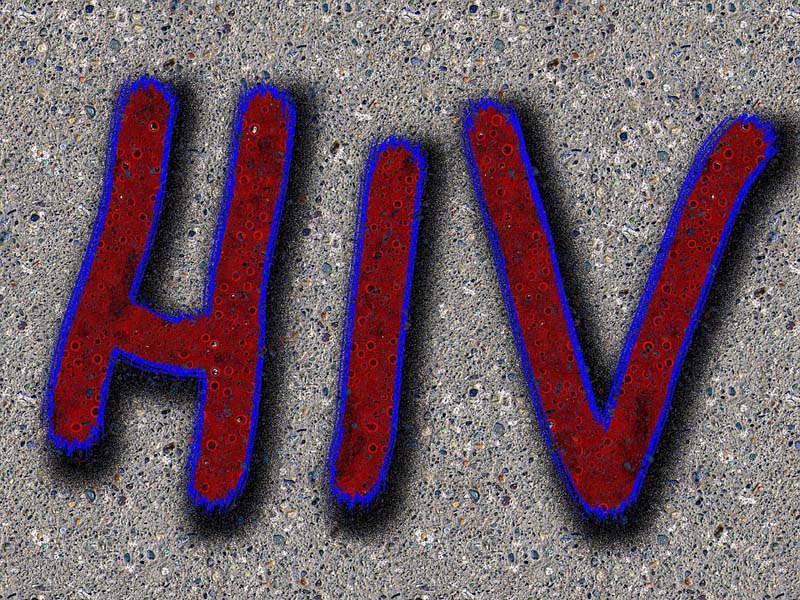Washington: A new study now has identified a measurable indicator that could prove instrumental in the fight against HIV.
George Mason University’s Yuntao Wu, focused on cofilin, a key protein that regulates cells to mobilise and fight against infection.
In an HIV-infected patient, cofilin dysfunction is a key factor in helper T cell defects, according to the research recently published in the journal Science Advances.
Helper T cells augment the body’s immune response by recognising the presence of a foreign antigen and then helping the immune system mount a response.
Wu said, “When you have an infection, you need to mobilise the T cells,” adding, “In HIV infection, there is a profound depletion of helper T cells in lymphoid tissues, such as those in the gut.”
Wu and his team found that patients with HIV have “significantly lower” levels of cofilin phosphorylation–which provides a control of cofilin’s activity with the addition of a phosphate–than healthy patients. Cofilin is a key protein that helps cells generate the driving force for migration. Proper cofilin phosphorylation is needed for cells to move in and out of tissues.
Their findings suggest that a lasting immune control to HIV isn’t likely to come from antiretroviral therapy alone because it is not sufficient to repair the cofilin damage caused by HIV and to restore normal T cell migration in and out of tissues.
However, the researchers found that by stimulating the T cells with additional therapeutics, such as the α4β7 integrin antibody, they could modulate the levels of cofilin activity needed to restore T cell mobility.
The remedy has shown lasting effects in immune control of simian immunodeficiency virus (SIV), the simian form of the AIDS virus, in a monkey trial, but it has not showed the same results in HIV-infected human patients.
“Now we have a marker, and at least one target that we can focus on to discover new therapies to repair the immune damages for a functional cure,” Wu said.
[source_without_link]ANI[/source_without_link]

